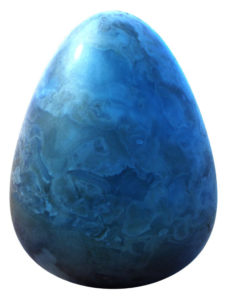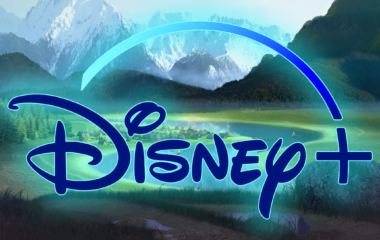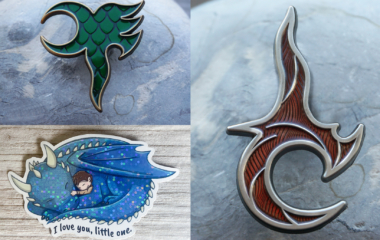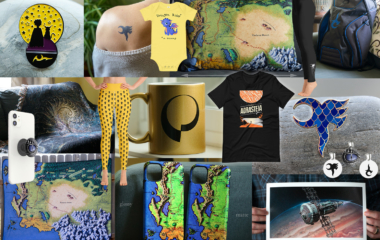
I love fantasy because the genre often has beautiful prose, and because I enjoy visiting new worlds and seeing new things. Fantasy deals with archetypes—iconic images and concepts that are embedded in our culture—and taps into primal hopes, fears, and ambitions. It weaves grand epics out of our collective dreams and enables us to experience things that would otherwise be impossible. Through fantasy, young and old can escape the harsh realities of the world and participate in extraordinary adventures from the safety of their homes. They can put on armor and defeat forces of evil and soar through the skies while riding a dragon whose scales sparkle like sapphires. They can explore the morality of different choices and see the consequences of their actions. Not everyone can be a hero in everyday life, but they can through the magic of stories.
Fantasy is the oldest form of fiction in the world. If you go back to the myths and legends of antiquity, you’ll find them filled with giants and monsters and all sorts of fantastical creatures. Tales of terrible monsters, heroes’ amazing feats, and all-powerful gods and goddesses abound in folklore from around the world. Even the Homeric tales mention one-eyed giants and such. Told around campfires, whispered to children at bedtime, and chanted in castle halls, fantastic tales have captured peoples’ imaginations throughout the ages. The Odyssey is fantasy. Beowulf is fantasy. Many of the works of Shakespeare are fantasy. It’s an incredibly rich tradition for an author to work in, and it allows one to speak about universal themes of human existence.
![HELMET[1]-pnet](https://www.paolini.net/wp-content/uploads/2014/10/HELMET1-pnet-300x275.jpg) Good fantasy books sweep me into worlds of wonder and awe, stun me with beautiful images and phrases, have thrilling action, and give me new insight into the minds and hearts of people. The best fantasy leaves me with a sense of magic that sends tingles up my spine. And that is what I attempted to do with the Inheritance Cycle.
Good fantasy books sweep me into worlds of wonder and awe, stun me with beautiful images and phrases, have thrilling action, and give me new insight into the minds and hearts of people. The best fantasy leaves me with a sense of magic that sends tingles up my spine. And that is what I attempted to do with the Inheritance Cycle.




